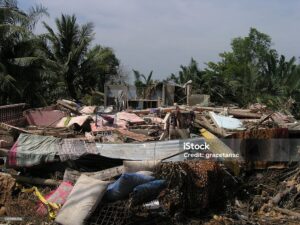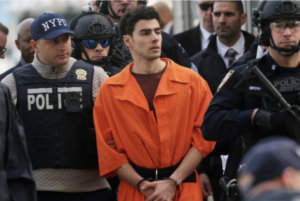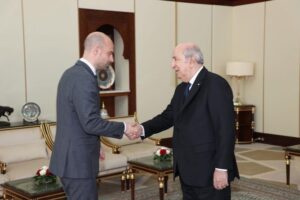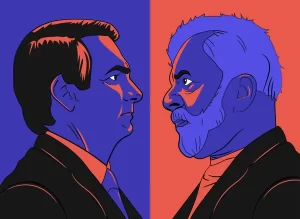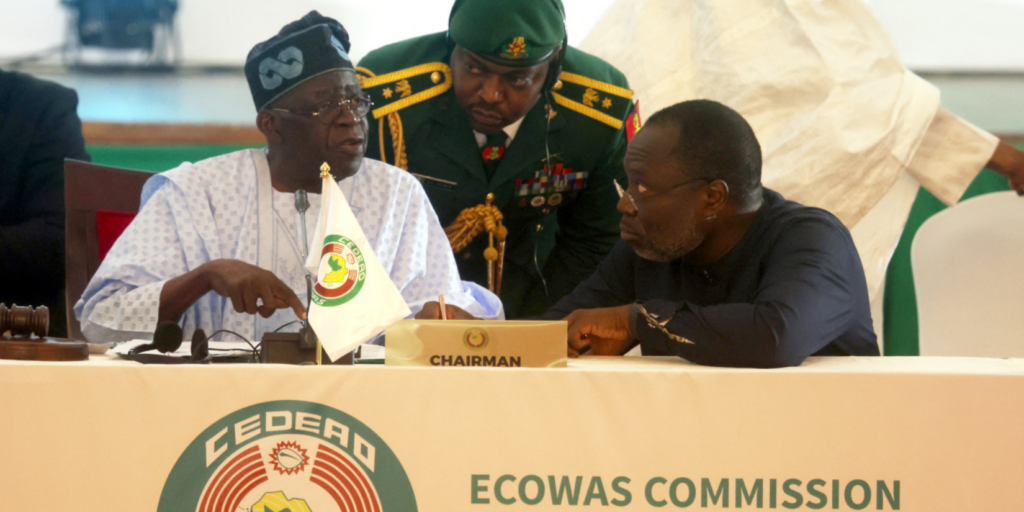Since its founding in 1975, ECOWAS has expressed its regional integration and cooperation ambitions through concrete reforms. Although initially its role was purely economic, the Community quickly became interested in collective self-sufficiency and maintaining peace among its 15 members: namely Benin, Burkina Faso, Cape Verde, Ivory Coast, Gambia, Ghana, Guinea, Guinea-Bissau, Liberia, Mali, Niger, Nigeria, Senegal, Sierra Leone and Togo.
However, this quest for stability is in danger in the face of the governments of the Member States which find themselves overthrown. Since the start of the decade, the African continent has experienced eight coups d’état, mainly military putsches. Most of them took place in French-speaking countries in West Africa. This is the case of Mali, Guinea, Burkina Faso and Niger, which received economic sanctions from the association of states.
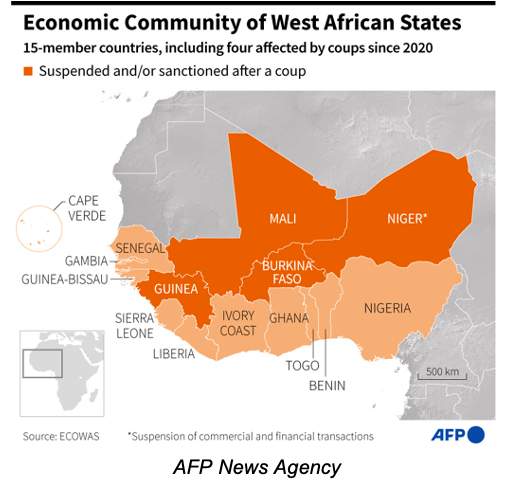
Mali has experienced two strokes in 9 months. The first was a military putsch that overthrew President Ibrahim Boubacar Keïta on August 18, 2020. A transitional government was formed in October, but it was once again overthrown by the military. Colonel Assimi Goïta is inaugurated as transitional president. In Guinea, on September 5, 2012, President Alpha Condé was overthrown and replaced by Colonel Mamady Doumbouya. Burkina Faso also suffered two putsches in 8 months. Firstly January 24, 2022, overthrowing President Roch Marc Christian Kaboré and putting Lieutenant-Colonel Paul-Henri Sandaogo Damiba in power. Then on September 30, 2020, Damiba was dismissed from his position by the military. Captain Ibrahim Traoré was invested as a transitional president.
The coup d’état in Niger is quite recent. On July 26, 2023, the military announced that they had overthrown President Mohamed Bazoum. General Abdourahamane Tiani becomes the new strongman of the country. It was this latest insurrection that pushed other states to react. ECOWAS announced its intention to deploy a regional military operation to “restore constitutional order”. Indeed, the president recognized it as legitimate. In the past, ECOWAS has intervened militarily in several member countries following coups d’état, such as in Liberia after Charles Taylor took power, in Sierra Leone, in Guinea-Bissau, in Ivory Coast, in Mali, and in Gambia.
West African leaders, however, continue to favor the diplomatic route. On the other side, the military coup leaders tend to propose a “transition period” of government, around three to four years, before “returning power to civilians”, notably through elections. If we also consider other external factors, such as the French presence and that of the Wagner organization, it is possible that an armed conflict could risk definitively tearing the organization apart between the two camps.


